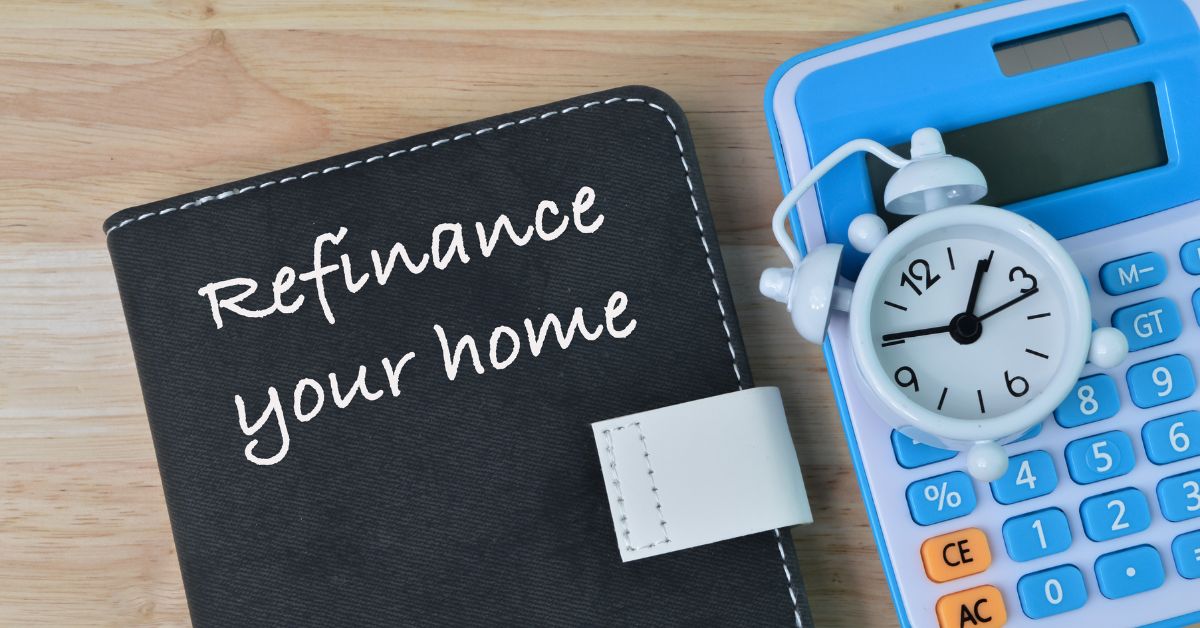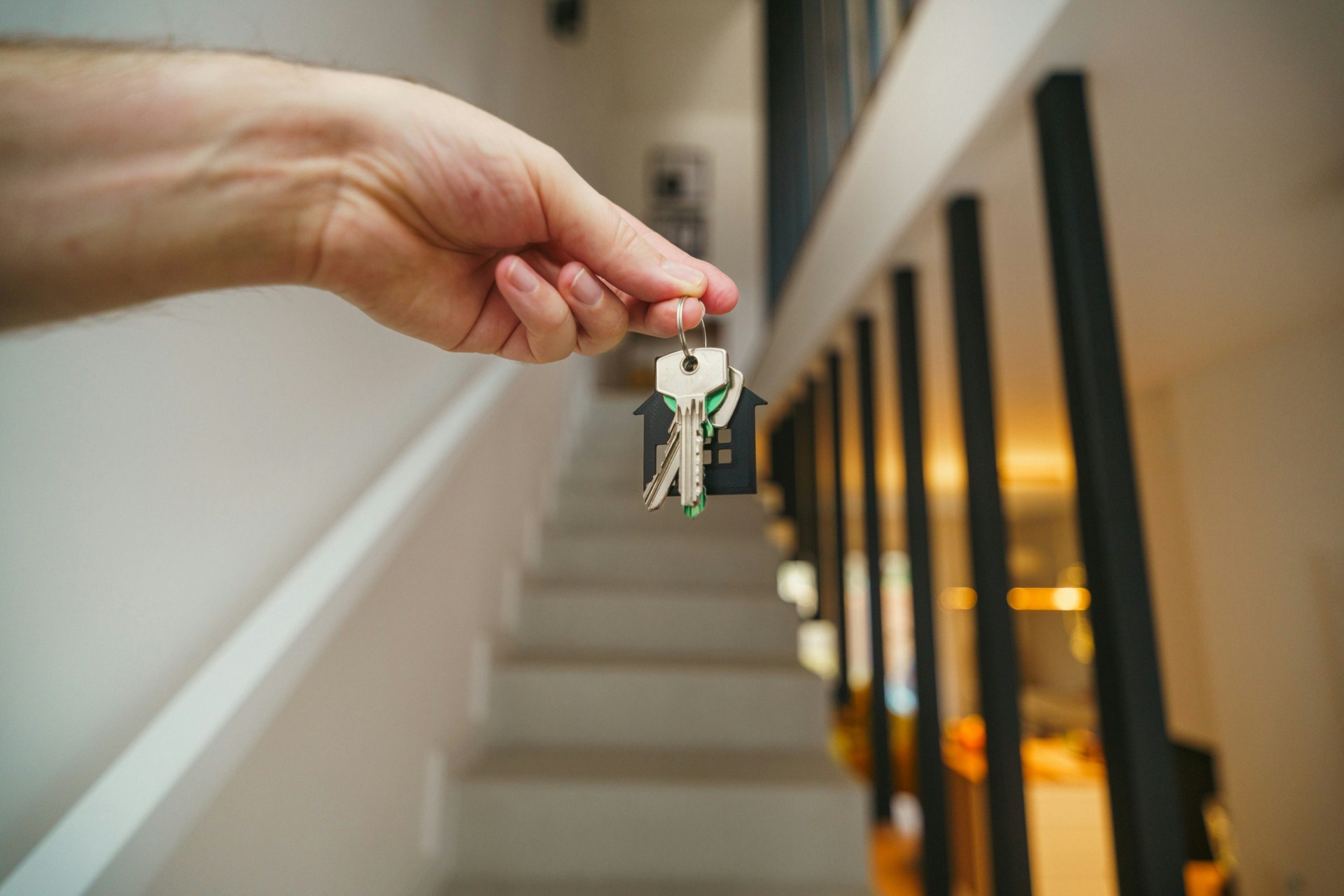
Buying or selling a property is one of life’s biggest financial decisions. Between searching for your dream home, securing finance, and signing mountains of paperwork, there’s a lot to think about. One question that often comes up is: What’s the difference between a lawyer and a conveyancer, and do I need both?
While they can both help you with the legal side of buying or selling property, there are some important differences to understand. Knowing which one is right for your situation can save you money, time, and stress.
What Does a Conveyancer Do?
A conveyancer is a licensed professional who specialises in the legal aspects of transferring property ownership from one person to another – the process known as conveyancing.
Conveyancers handle all the standard paperwork and legal requirements involved in a property transaction. This includes:
- Preparing and reviewing contracts of sale.
- Conducting title searches to ensure the property is clear of debts or issues.
- Lodging documents with the relevant government authorities.
- Liaising with your lender and the other party’s legal representative.
- Ensuring settlement goes smoothly.
In Australia, conveyancers must be licensed in the state or territory where they work. They’re highly trained in property law but are not qualified solicitors. Many people choose conveyancers because they offer a cost-effective, straightforward solution for standard property transactions.
What Does a Property Lawyer Do?
A property lawyer (or solicitor) is a qualified legal practitioner who has completed a law degree and holds a practising certificate. They can also handle conveyancing but offer a broader range of legal services.
In addition to preparing contracts and handling settlements, a lawyer can:
- Provide advice on more complex legal matters (e.g. disputes, zoning issues, complicated titles).
- Represent you in court if something goes wrong.
- Handle other legal issues that may arise during a property transaction, such as family law considerations, tax implications, or commercial leases.
Because lawyers have wider legal expertise, they’re often the better choice for complex or high-value property matters.
Key Differences: Conveyancer vs. Lawyer
To put it simply, all lawyers can do conveyancing work, but not all conveyancers are lawyers. Here’s how they compare:
| Aspect | Conveyancer | Lawyer |
| Training | Specialised training in property law only | Full law degree plus property specialisation |
| Scope of Work | Standard residential transactions | Can handle complex legal issues |
| Court Representation | Cannot represent you in court | Can represent you in court |
| Cost | Usually lower fees | May cost more due to broader expertise |
Pros and Cons of Using a Conveyancer
There are plenty of pros and drawbacks of using conveyancers or lawyers, including:
Pros:
- Lower cost for simple transactions.
- Deep knowledge of local property laws.
- Often quicker and more streamlined for residential sales.
- Good for first-time buyers or standard family homes.
Drawbacks:
- Limited help if something unusual happens.
- Cannot represent you in court.
- May need to refer you to a lawyer if issues arise – this can add time and cost.
Pros and Cons of Using a Lawyer
In terms of lawyers, their pros and cons list includes:
Pros:
- Can handle unexpected disputes.
- Helpful for complex contracts (e.g. off-the-plan, multiple parties, trusts).
- Ideal for high-value, commercial, or unusual properties.
- Can deal with related legal matters (family law, wills, tax).
Drawbacks:
- Fees are usually higher.
- May be overkill for straightforward residential sales.
- Some lawyers only handle property part-time – always check they specialise.
How to Choose the Right Option for You
The right choice of professional depends on your situation.
Use a conveyancer if:
- Your purchase or sale is relatively straightforward.
- You’re buying a standard residential property with no unusual conditions.
- You want a cost-effective, specialist service.
Use a lawyer if:
- There are complications with the property title.
- There are disputes between parties.
- It’s a commercial property or involves complex agreements.
- You need wider legal advice.
Some other questions to consider include:
- What’s the value and complexity of the transaction?
- Do you expect any disputes or unusual conditions?
- What’s your budget for legal help?
- Would you feel safer with wider legal backup?
- Do they have good reviews and local experience?
- If you start with a conveyancer and something unexpected pops up, you can always bring in a lawyer later, but it’s better to plan ahead if you know it might be tricky.
Don’t be afraid to ask your chosen professional about their experience. If you’re hiring a lawyer, ensure they have specific conveyancing expertise – not all lawyers specialise in this work.
Buying or selling a home can be stressful, but choosing the right legal professional can make all the difference. Both conveyancers and lawyers play an important role in protecting your interests and ensuring your property transaction goes through smoothly.
If your purchase is simple and you’re looking to keep costs down, a conveyancer might be the perfect fit. If your situation is more complicated or you’d like extra peace of mind, a lawyer could be the safer bet.
How Can the Team at Inovayt Help?
At Inovayt, we help Australians make informed financial decisions every day. Whether you’re buying your first home, upsizing, or investing, our team can connect you with trusted conveyancers and lawyers to suit your needs. We’ll also help you find the right finance solution to make your property goals a reality.
Get in touch with Inovayt today to chat with one of our friendly experts and take the next step towards your new home.




